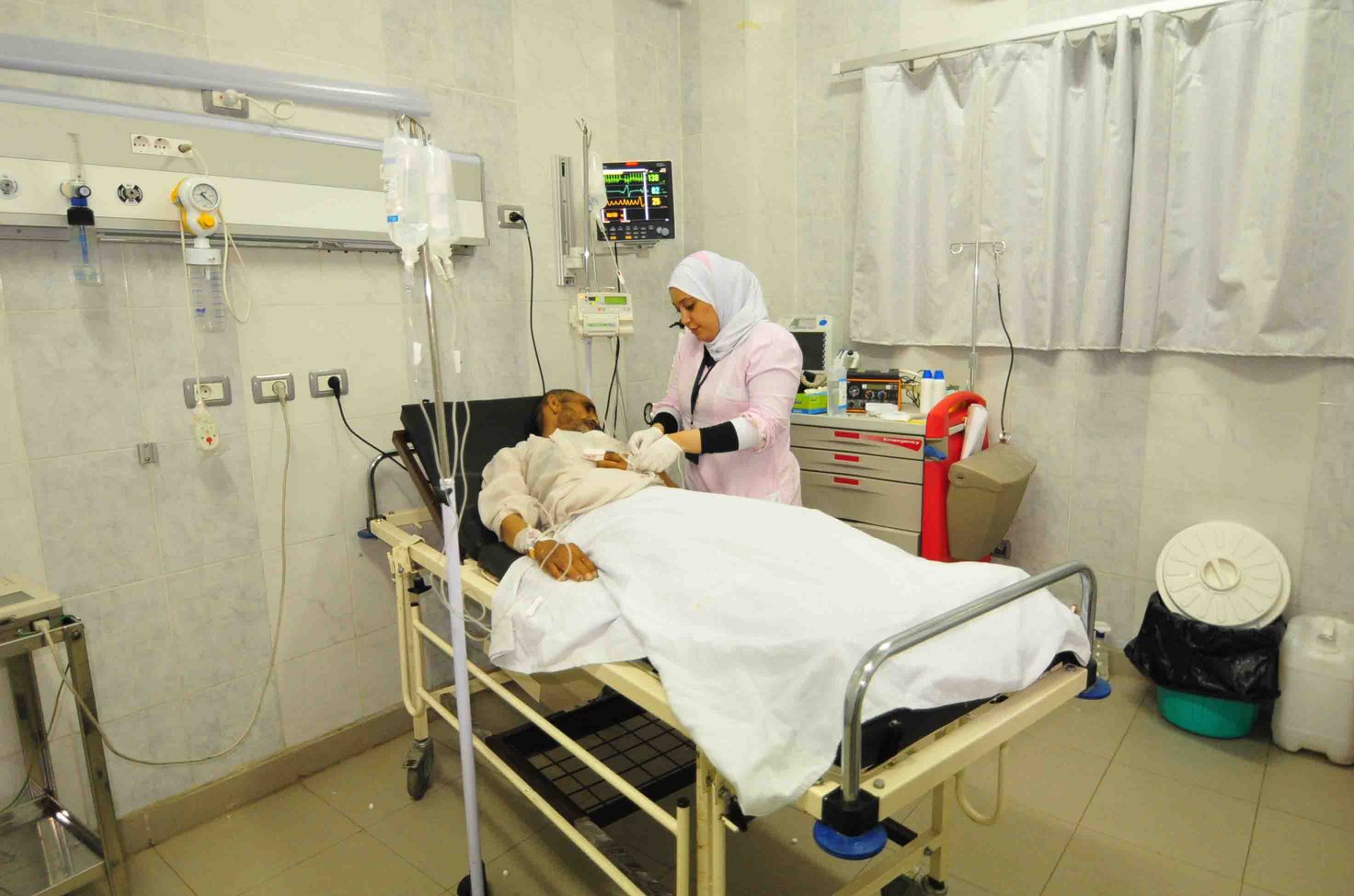CAIRO: A coalition of 16 rights groups said Tuesday it expects Egypt’s parliamentary election later this month to be rigged because of severe restrictions imposed by the authorities.
The Forum of Independent Human Rights NGOs warned in a report entitled "Rigging the 2010 Parliamentary Elections in Egypt" that the country’s interior ministry is continually cracking down, sometimes violently, on the media, people’s right to campaign and the right to assemble peacefully.
Elections in Egypt are routinely marred by fraud but authorities have pledged that the Nov. 28 balloting will be fair — although they have rejected calls for allowing international observers to monitor the vote.
The authorities have also cracked down on the media and government critics in the run-up to the vote, shutting down private television channels and arresting dozens of opposition members.
The outgoing parliament is dominated by President Hosni Mubarak’s ruling National Democratic Party and that is unlikely to change after this election.
"The coming elections will not meet the international standards for free and fair elections … (They) will be based on legislative and constitutional corruption," said the report, which was posted on the website of the Cairo Institute for Human Rights Studies.
It said the government continues to intimidate human rights organizations through indirect threats and harasses Arab and foreign activists while they are entering the country.
Egypt lacks the "necessary political will to organize free and fair parliamentary elections," the Forum said, describing an "unprecedented climate of intimidation created by the authorities within printed and visual media, especially in independent media."
"This confirms that the forging of the will of the voters has started early for this election," Forum concluded.
The report also expressed concern over restrictions on independent and opposition candidates such as those from the Muslim Brotherhood, and said some local monitors have even been prevented from entering candidate registration headquarters.
Gamal Eid, the director of the Arab Network for Human Rights Information, noted in particular the broad powers granted to the interior ministry and "restrictions on independent candidates belonging to the Muslim Brotherhood and those who splintered from the National Democratic Party."
The United States and activists have urged the Egyptian government to allow a third party to oversee the election. But Egypt routinely rejects observer missions, saying they infringe on the nation’s sovereignty.
The Brotherhood, the country’s largest opposition movement, is fielding 134 candidates, registering them as independents to get around a ban on religious parties. The ruling NDP is running about 800 candidates for the 508 seats.
"This climate cannot lead to a fair and free election," said Magdi Abdel Hamid, the director of the Egyptian Association for Community Participation Enhancement.
Bahieddine Hassan, director of the Cairo Institute for Human Rights Studies, said there was a climate of "terror" in the media after the dismissal of an opposition newspaper editor and the suspension of several satellite stations.
"It is a farce rather than a legislative election," he said.
The Muslim Brotherhood, which controls a fifth of parliament, has accused the government of arresting dozens of its members since it announced it would run for election.
The last election in 2005 was marred by violence and allegations of fraud by judges who supervised the ballot count. –Additional reporting by AFP.

